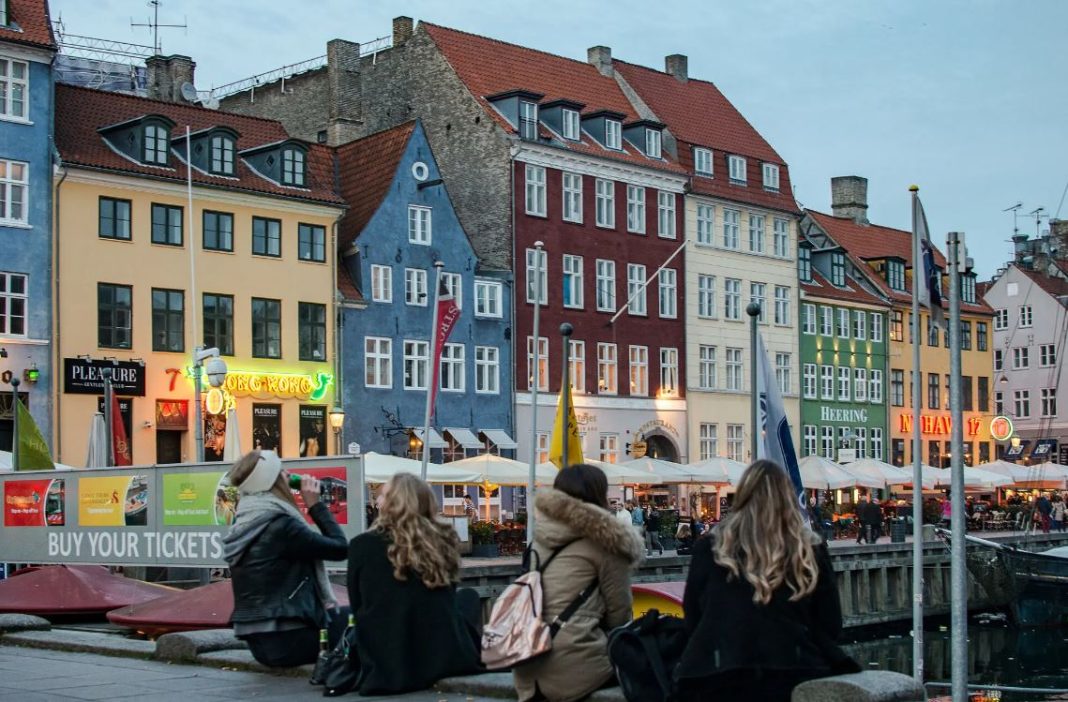As European cities grapple with the challenges of overtourism, many have resorted to implementing restrictions and fees to manage the influx of visitors. Venice has introduced a new fee for day trippers, Barcelona is considering a ban on vacation rentals, and Majorca has placed restrictions on the sale of alcohol. Amidst these measures, Copenhagen is charting a different course: rewarding tourists who exhibit responsible and eco-friendly behaviors.
Starting July 15, tourists who engage in climate-friendly activities such as cycling, traveling by train, and participating in clean-up efforts will be rewarded with access to a variety of cultural and recreational experiences. These rewards include museum tours, kayak rentals, free meals, and more.
A 2023 sustainable report by Kanter, a London-based market research group, revealed that while 81 percent of consumers express a desire to act more sustainably, only 22 percent have actually changed their behavior. Copenhagen’s new initiative, CopenPay, seeks to bridge this gap by making climate-friendly actions a currency for cultural experiences.
One of the key features of CopenPay is its incentive system. For example, tourists who arrive at CopenHill — an artificial ski slope atop a new waste-management center — by bike or train can enjoy a free ride down the rooftop hill. Additionally, various sites across the city will offer visitors the opportunity to volunteer in cleanup efforts. The National Gallery of Denmark will host workshops where participants can transform plastic waste into art, and the Copenhagen Surf School will provide a free lunch to surfers who spend 30 minutes cleaning the beach after their surf lesson. Over 20 attractions will be part of the pilot program during the summer.
The initiative is designed not only to encourage sustainable behavior among tourists but also to enhance their overall experience in Copenhagen. By participating in green initiatives, visitors can gain a deeper appreciation of the city and its commitment to sustainability. This approach contrasts with the punitive measures seen in other European destinations and aims to foster a more positive and collaborative relationship between tourists and the city.
Copenhagen has long been a leader in sustainability, and CopenPay is the latest in a series of initiatives aimed at promoting environmentally responsible practices. The city’s extensive cycling infrastructure, efficient public transportation system, and commitment to green energy have made it a model for urban sustainability. By integrating tourism into this framework, Copenhagen hopes to further its reputation as a green city while providing unique and rewarding experiences for visitors.
In addition to the environmental benefits, CopenPay also has the potential to stimulate the local economy by attracting tourists who are interested in sustainable travel. These visitors are likely to spend more time and money in the city, supporting local businesses and cultural institutions. By aligning tourism with its sustainability goals, Copenhagen aims to create a win-win situation for both the city and its visitors.
The success of CopenPay could serve as a blueprint for other cities looking to balance the benefits of tourism with the need to protect the environment. As climate change continues to pose significant challenges, innovative solutions like CopenPay are essential for creating a more sustainable future. By rewarding responsible behavior and making sustainability an integral part of the tourist experience, Copenhagen is leading the way in rethinking how cities can manage tourism in an environmentally conscious manner.
Ultimately, CopenPay represents a shift in how we think about tourism. Rather than viewing tourists as a burden, Copenhagen sees them as partners in its sustainability efforts. This collaborative approach not only helps to mitigate the environmental impact of tourism but also enriches the experience for visitors, creating a more meaningful and rewarding way to explore the city. As other cities take note of Copenhagen’s success, we may see a new era of sustainable tourism that benefits both the planet and the people who travel it.

